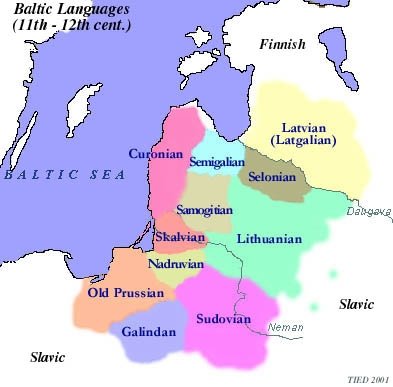rinnieangel 3 | 20
18 Jan 2009 / #1
I have found recently in records that a handful of my ancestors (scattered on both sides) were from Prussia. In those families we had largely identified ourselves as Polish or German.
I have asked some of my friends raised in Poland and they said that we shouldn't consider ourselves Polish, but maybe slavic. I have found that Prussia was kind of a mixed race country...
So I was wondering if anyone had any insight on Prussian History that would like to give me some hints or thoughts on this
I have asked some of my friends raised in Poland and they said that we shouldn't consider ourselves Polish, but maybe slavic. I have found that Prussia was kind of a mixed race country...
So I was wondering if anyone had any insight on Prussian History that would like to give me some hints or thoughts on this
 PolishForums LIVE / Archives [3]
PolishForums LIVE / Archives [3]
